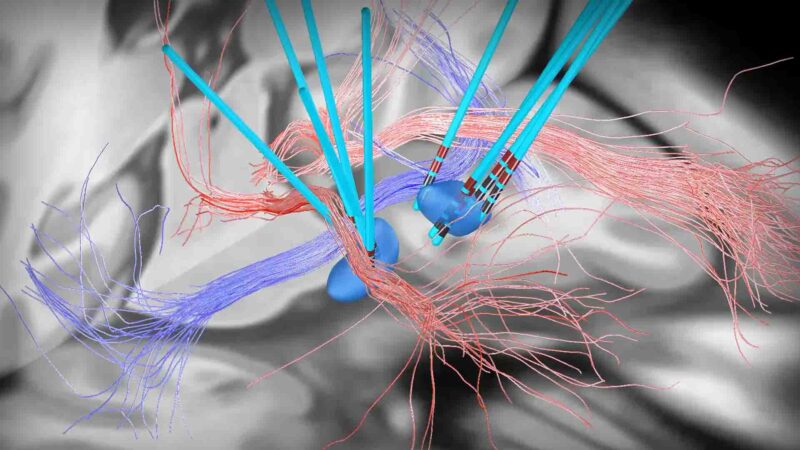DNA REPAIR ON THE FANCONI ANAEMIA PATHWAY
Associate Professor Wayne Crismani
Laboratory Head, DNA Repair & Recombination
St Vincent’s Institute of Medical Research,
Melbourne, Australia
RESEARCHER PROFILE
Filmed in Melbourne, Australia | August 2025
Associate Professor Wayne Crismani is an internationally recognised expert in DNA repair, with a particular focus on Fanconi anaemia (FA)—a cancer-predisposition and bone marrow failure syndrome marked by extreme sensitivity to DNA damage. Based at St Vincent’s Institute in Melbourne, he leads a research program dedicated to understanding the genetic, cellular, and reproductive consequences of FA. He is currently supported by a Victorian Cancer Agency Mid-Career Fellowship and funding from the National Health and Medical Research Council.
His career spans academia and industry across Australia, Europe, and the United States. He has contributed to several advances in FA genetics, including the identification of new functions of FA genes, particularly in reproduction, development of isogenic cell models, and use of high-throughput functional and screening assays. He has also demonstrated that FA is under-diagnosed in Australia, which has major consequences for these individuals and for the public healthcare system. His research has been published in top-tier journals and underpins several patents, including technologies that have been successfully licensed.
Associate Professor Crismani also leads multidisciplinary studies investigating fertility and cancer risk in individuals with FA. These include the first systematic study of biological parenthood and assisted reproductive technologies in adults with FA, and efforts to identify early biomarkers of oral cancer in this high-risk group. His work is conducted in close collaboration with scientists, clinicians, fertility specialists, and patient advocates. He co-founded Fanconi Anaemia Support Australasia with a group of families in 2019 and continues to organise scientific and social events for the FA community.
He works with international FA registries, research consortia, and the Fanconi Cancer Foundation to ensure research findings inform real-world care. His program bridges molecular biology, reproductive health, and translational science, with the goal of improving health outcomes for people with FA and genetic conditions.
Source: Supplied
You Might also like
-
Next Generation Condom Contraception, Dr David Shepherd
Dr David Shepherd is a Lead Production Engineer and Materials Specialist at Eudaemon Technologies. His journey began at the University of Wollongong, where he pursued advanced studies and eventually obtained a PhD under the guidance of a distinguished professor. His research initially focused on actuating materials and artificial muscles, particularly centred around hydrogel materials. These early explorations have seamlessly evolved into his current focus on utilising hydrogels in the realm of sexual reproductive health, with a specific emphasis on developing innovative hydrogel condoms.
-
Biopsychosocial approaches to obsessive-compulsive, body image and eating disorders
Dr Nicola Acevedo is a Neuroscientist and Research Fellow with extensive expertise in developing novel therapeutics for neurological and psychiatric disorders, contributing to more than ten clinical trials. She specialises in brain stimulation and psychedelic treatments for obsessive-compulsive disorder (OCD) and related conditions, with a strong commitment to advancing personalised, evidence-based neurobiological therapies for severe psychiatric illness. Her approach integrates biopsychosocial and person-centred principles to improve treatment access and mental health outcomes.
-
Radiation therapy techniques and combination treatments for sarcoma
Professor Angela Hong MBBS, MMed, PhD, FRANZCR is a Professor at Sydney Medical School of the University of Sydney. She is a radiation oncologist and has been a member of the Multidisciplinary Bone and Soft Tissue Tumour Clinic at Royal Prince Alfred Hospital/Chris O’Brien Lifehouse for the past 15 years.
As a radiation oncologist located in Sydney, Australia, Professor Hong is focused on treating patients with bone and soft tissue sarcoma. And as a clinician scientist, her research focuses on developing innovative radiation therapy technique and combination treatments to improve the outcome for patients with sarcoma.



